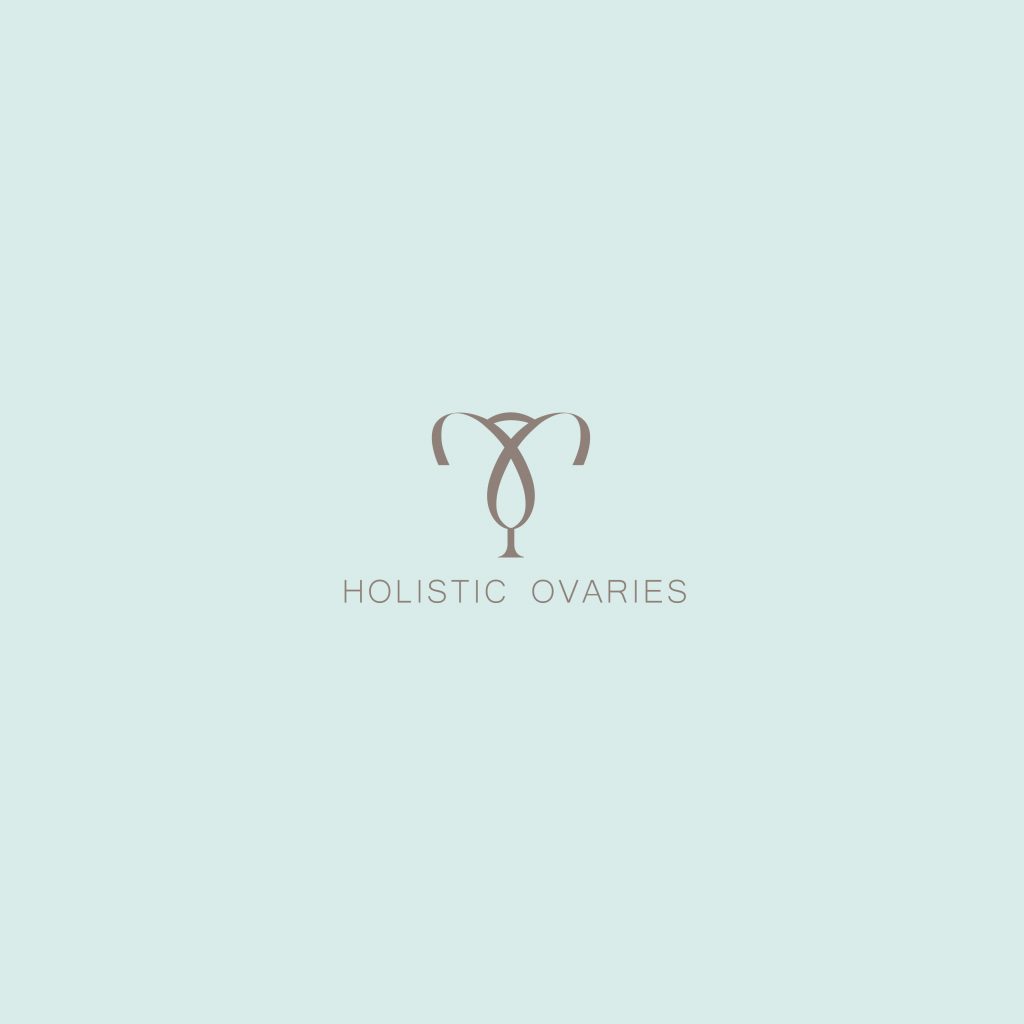Cortisol, hormonal imbalances and PCOS
How to manage stress in 2024?

Connection between stress and hormonal imbalance.
Last few months were hard on my psycho-physical state:
- I had quite traumatic experience when I was leading a yoga retreat in Italy,
- I had difficult family situation,
- I went through breakup,
- I took on new project that demanded not just my time, but a substantial share of my mental and emotional space, and
- As an extra bonus my health faced a challenge as I navigated through two weeks of sickness.
Super combo for one person to test the resilience. Right?
Our bodies, especially of those with PCOS are sensitive to stresses of life.
I can related to that. I feel changes in my PCOS symptoms. I am facing again:
- an excessive hair loss,
- I’ve got a rosacea flare-up (luckily this is under control now), and
- irregularities in my menstrual cycle
(in October was 24 days whereas in November 30 days and now again 24 days).
No wonder, there is a very thin line between stress and hormonal imbalance
How Stress influence hormonal balance?
Our endocrine system is closely connected with our nervous system, specifically in area of brain called hypothalamus.
Hypothalamus interprets signals from the nervous system and translates them into instructions for the endocrine system.
When we encounter stress, whether:
- physical,
- emotional, or
- psychological,
the hypothalamus perceives it as a signal to mobilize resources for the body’s defence.
This initiates the famous “fight or flight” response, releasing hormones such as cortisol.
While this response is crucial for survival in the face of immediate threats, prolonged or chronic stress can disrupt the delicate hormonal balance.
Cortisol – a stress hormone?
Cortisol, often referred to as the “stress hormone”, plays a central role in the body’s response to stress. It influences various bodily functions, including:
- metabolism,
- immune response, and
- the sleep-wake cycle.
But did you know that, contrary to common belief, cortisol is not solely a stress hormone; it’s a metabolism regulator.
Cortisol ensures available energy supply, preparing the body for the demands of the stress response. This includes the conversion of proteins, fats, and carbohydrates into energy.
This is one of the reasons why high stress can result in belly fat.
This phenomenon is often colloquially referred to as stress-induced belly fat. High and prolonged stress can lead to an excess of cortisol circulating in the body. In response, the body signals for an increased storage of fat, particularly in the abdominal region.
So stress can make you store fat on your belly, but elevated cortisol levels over an extended period can contribute to hormonal imbalances, affecting:
- menstrual cycles,
- fertility, and
- exacerbating other PCOS symptoms like: acne, hirsutism, bloating or inflammation.
It is because cortisol together with insulin is at the top of hormonal cascade. And imbalances in stressed induce cortisol will lead to imbalances in sex hormones including:
- testosterone,
- estrogen, and
- progesterone.
Additionally chronic elevation of cortisol can contribute to insulin resistance, where cells become less responsive to insulin’s signals.
And as you may already know elevated insulin in your blood stream will make your PCOS symptoms worse.
Manage your stress and your will manage your PCOS
Hormones do not exist on their own and they always have to be look at the context of overall health and specific life situations.
Beyond the internal signalling network, external factors play a significant role in hormonal balance. Factors like:
- lifestyle choices,
- nutrition,
- stress levels, and
- environmental factors
can influence the signalling pathways, shaping the production and regulation of hormones.
High cortisol levels do not usually happens on its own, rather high cortisol levels could indicate a load of problems, including things like:
- stressful job,
- family problems,
- gut infections or mold toxicity, or
- even unresolved trauma.
Unfortunately, all of us go through difficult situations. No matter how diligently we strive for balance we cannot avoid stress in our lives.
However, we can learn how to react to stress, or at least how not to overreact to stressful emotions.
Recognizing that stress is part of our human experience allows us to shift our focus from avoidance to effective coping mechanisms.
Stress coping mechanisms: What helped me to stay sane?
- Talking to my friends and people who supports me – creating valuable connections with others is important to stay healthy. Having someone who will listen to you, but also someone who can give you constructive feedback can be powerful!
- Keeping myself well nourished – even though was hard I did not stop eating healthy fats, proteins, complex carbohydrates and plenty of veggies!
- Moving my body – I was not able to lift heavy weights, but I was doing some yoga, Pilates, some easy movements and I did avoid staying in bed as much as it was physically possible to me.
- Contact with nature – I was trying to stay at the sun and I continued to have my daily walks in the nature.
- Journaling – as I was going through difficult emotions, I was trying not to ignore them or worse ruminate over them, instead I was reflecting and journaling what was going through me.
- Cultivating positive mindset – in every situation I was trying to see the bright side, or at least I was trying to look for solutions or lessons that I could learn from any given challenge. Not all situation will have solutions, but trust me, all of them have something to teach you.
Unhelpful coping mechanisms: Things that I would avoid as a coping stress mechanisms.
- Overeating – yes, food can bring a great sense of comfort and at one situation I did have a huge chocolate cake to cheer up, but I would not make that my habitual way of dealing with difficult emotions.
- Procrastinating – well, I did a bit of that. I was trying to find the balance between resting, taking a break and “freezing” doing completely nothing. I got out of that and I am a bit more productive, which lead me to another point…
- Overdoing – after moments of procrastination there might be a great sense of guilt, that may push you to try to do more than your body can handle, leading to even more feeling of exhaustion.
- Isolation – avoiding social connections and withdrawing from support systems can be a common coping mechanism during times of stress. However, isolating yourself can exacerbate feelings of loneliness and make it harder to navigate challenges.
- Negative self-talk – constantly engaging in negative self-talk or self-criticism can contribute to feelings of inadequacy and make you feel miserable.
- Excessive social media use – it can be a great way to run away from responsibilities, feeling or emotions. However, spending excessive time on screens, itself is a source of stress. And unresolved problems will not disappear by it own.
Create your own stress management strategy for 2024
I want this post to be reminder for you as we are approaching 2024.
New Year is going to bring new opportunities, new adventures and successes as well as new challenges.
But what matters the most is your mindset and the way you will react to life situations. Maybe it’s worth to take a moment and think:
- “How would you like to feel this year?”
Acknowledging the lows and the highs what emotional tone do you aspire to set for yourself?
Knowing that life has obstacles and uncertainties, I’ve chosen peace of mind as my intention for 2024.
It’s a conscious decision to approach challenges with a calm and cantered energy and if some difficult emotions arise I already have my list of strategies that I am going to use to cope with stress.
Consider creating your own stress management toolkit—an arsenal of practices that resonate with your unique lifestyle.

As we enter into 2024, let it be a year of possibilities—an exploration of self, a cultivation of resilience, and self-care.
And if you want to start New Year with PCOS management plan design to your unique symptoms and needs. I have a special offer for you.
Working with me you will receive:
- Comprehensive Nutrition Protocol
- Tailored Exercise Plan
- Lifestyle Modification Strategy
- Supplements Advise
- 3 Months of Ongoing Support
For a limited time, this PCOS management package is available at a special rate of 199 euro.
Send a direct message to agnese@holisticovaries.com or fill the contact form here and let’s start working together to optimise your health.
Take care SUNSHINE!
Yours Agnese

Stay Updated
SUBSCRIBE TO THE NEWSLETTER

© 2023 All Rights Reserved. Made by DB.YOU Creative Agency


